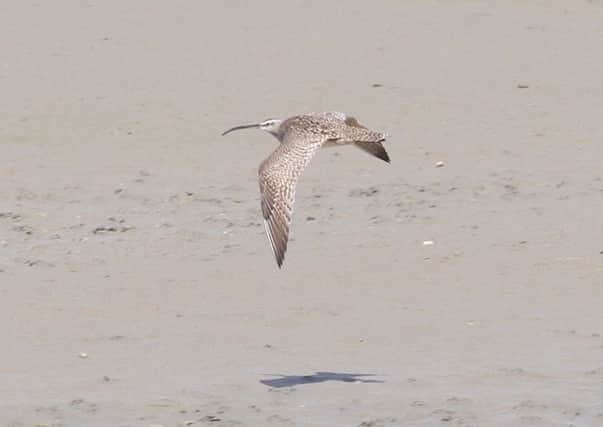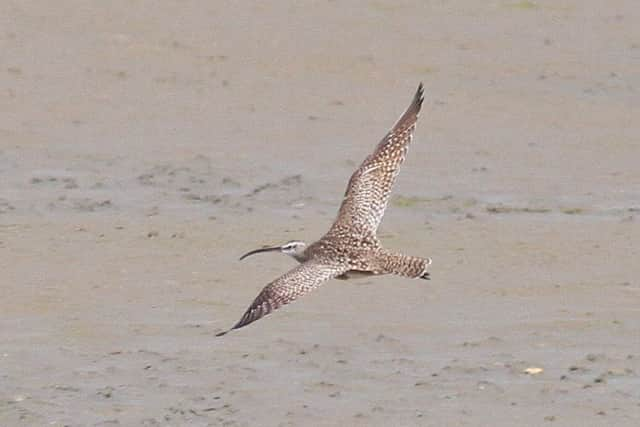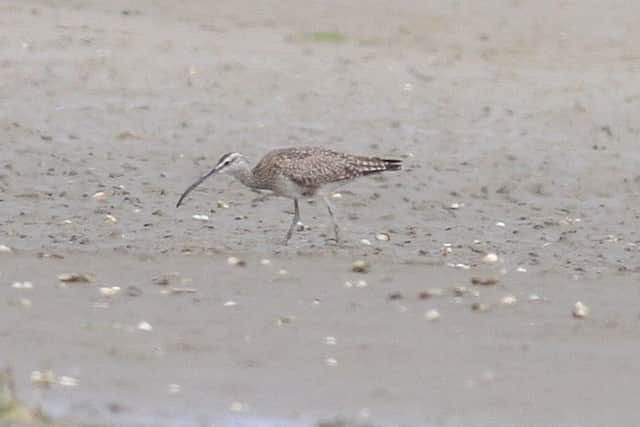COUNTY NEWS: Extremely rare bird spotted in Sussex for first time
This article contains affiliate links. We may earn a small commission on items purchased through this article, but that does not affect our editorial judgement.


The Hudsonian Whimbrel – Numenius hudsonicus – was first spotted on Tuesday (June 12) at the RSPB’s nature reserve at Pagham Harbour.
“It’s very rare to see it in this country,” said Tim Webb from the RSPB. “As far as we’re aware it’s the first-ever official confirmed sighting of a Hudsonian Whimbrel in Sussex.”
Advertisement
Hide AdAdvertisement
Hide AdHe said the bird had been flying from one side of the harbour to another, with hundreds of people coming to see it.


The bird is normally found in North America.
“Somehow it’s managed to go across the Atlantic and ended up at Pagham,” said Tim.
This latest sighting is only the 11th time a Hudsonian Whimbrel has been recorded in the UK since records began in the mid 1950s.
Out of these, the majority were on the Scilly Isles, meaning this is only the third sighting of one on mainland Britain.


Advertisement
Hide AdAdvertisement
Hide Ad“You can completely understand why so many people want to see it,” said Tim.
He said generally people had been behaving very well at the site, however the inevitable influx of people has caused more congestion than usual on the roads around the reserve.
The future of the bird is not yet know, with Tim saying no one knew whether it would attempt to fly back across the ocean to its home.
“It can survive here in this country, it could stay,” he said.
Advertisement
Hide AdAdvertisement
Hide AdDon’t miss out on all the latest breaking news where you live.
Here are four ways you can be sure you will be among the first to know what is going on.
1 Make our website your homepage at www.chichester.co.uk
2 Like our Facebook page at www.facebook.com/ChichesterObserver
3 Follow us on Twitter @Chiobserver
4 Register with us by clicking on ‘sign in’ (top right corner). You can then receive our daily newsletter AND add your point of view to stories that you read here.
And do share with your family and friends - so they don’t miss out!
The Observer – always the first with your local news.
Be part of it.